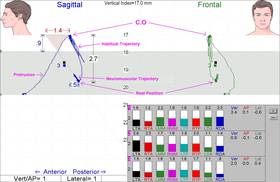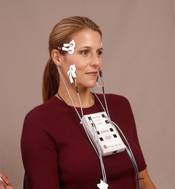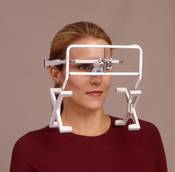
TMJ Treatment
Neuromuscular Dentistry can help alleviate symptoms such as headaches, neck and shoulder pain, jaw pain, clicking or popping in the jaw, and tinnitus
We have used the same computerized analysis that has been used in medicine for years. The goal of these tests is to provide individual and precise treatment plans that most often lead to the elimination of pain. The underlying cause of pain is muscular. We are different and more successful in treating TMJ signs and symptoms because we correct the muscles that are out of balance causing pain.



Jaw in ideal neuromuscular position
There are many components that may contribute to this complex condition. While there may be a biochemical and emotional component, a structural imbalance creates disharmony between teeth, jaw position, and the muscles that control the lower jaw.
Many people suffer from this chronic illness. While some do not experience pain, they may have worn, chipped or broken teeth, or fillings. These individuals can also benefit from treatment. If you or a loved one suffers from TMJ pain, we invite you to call dentist Charles A. Smith to discuss this exciting therapy.
